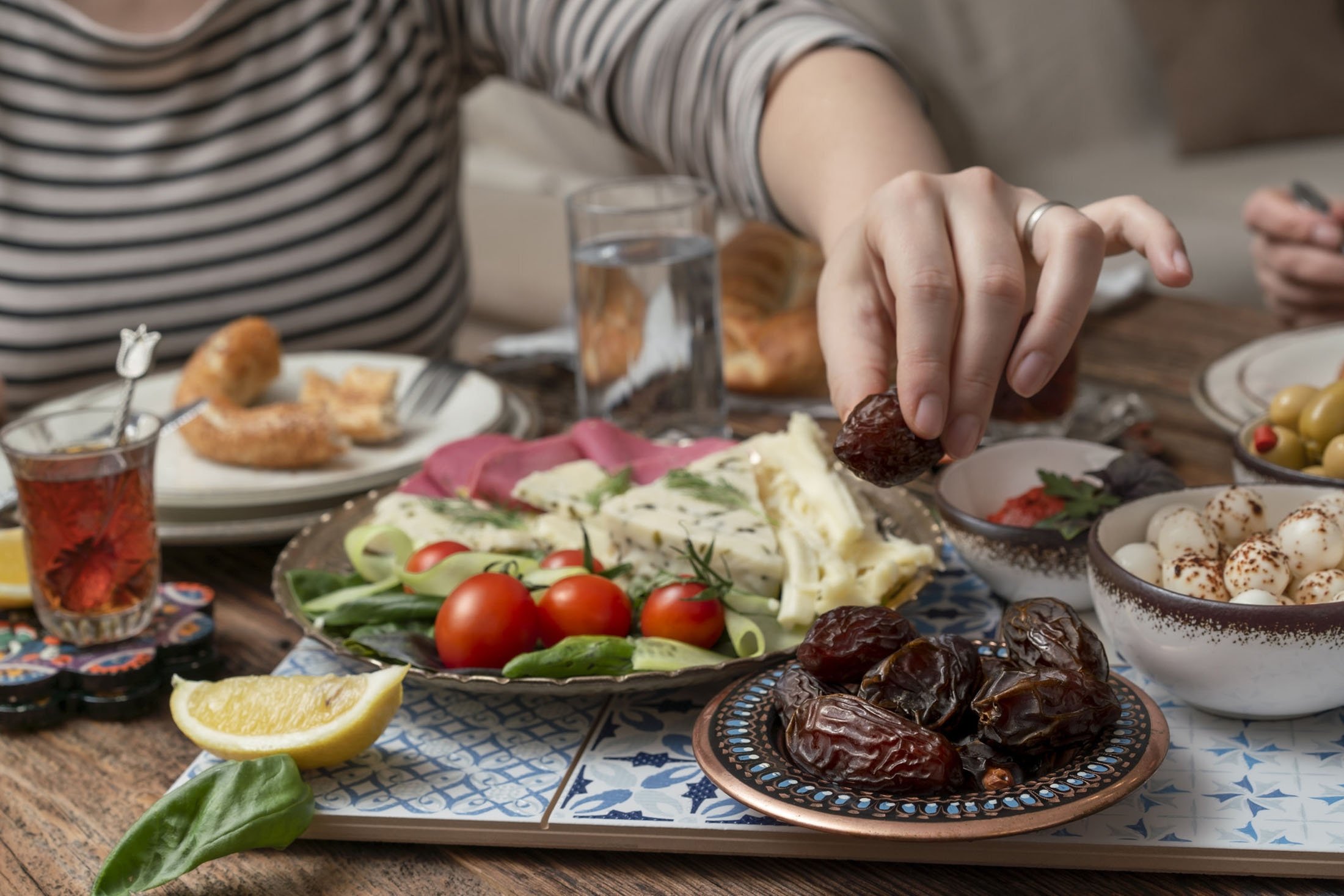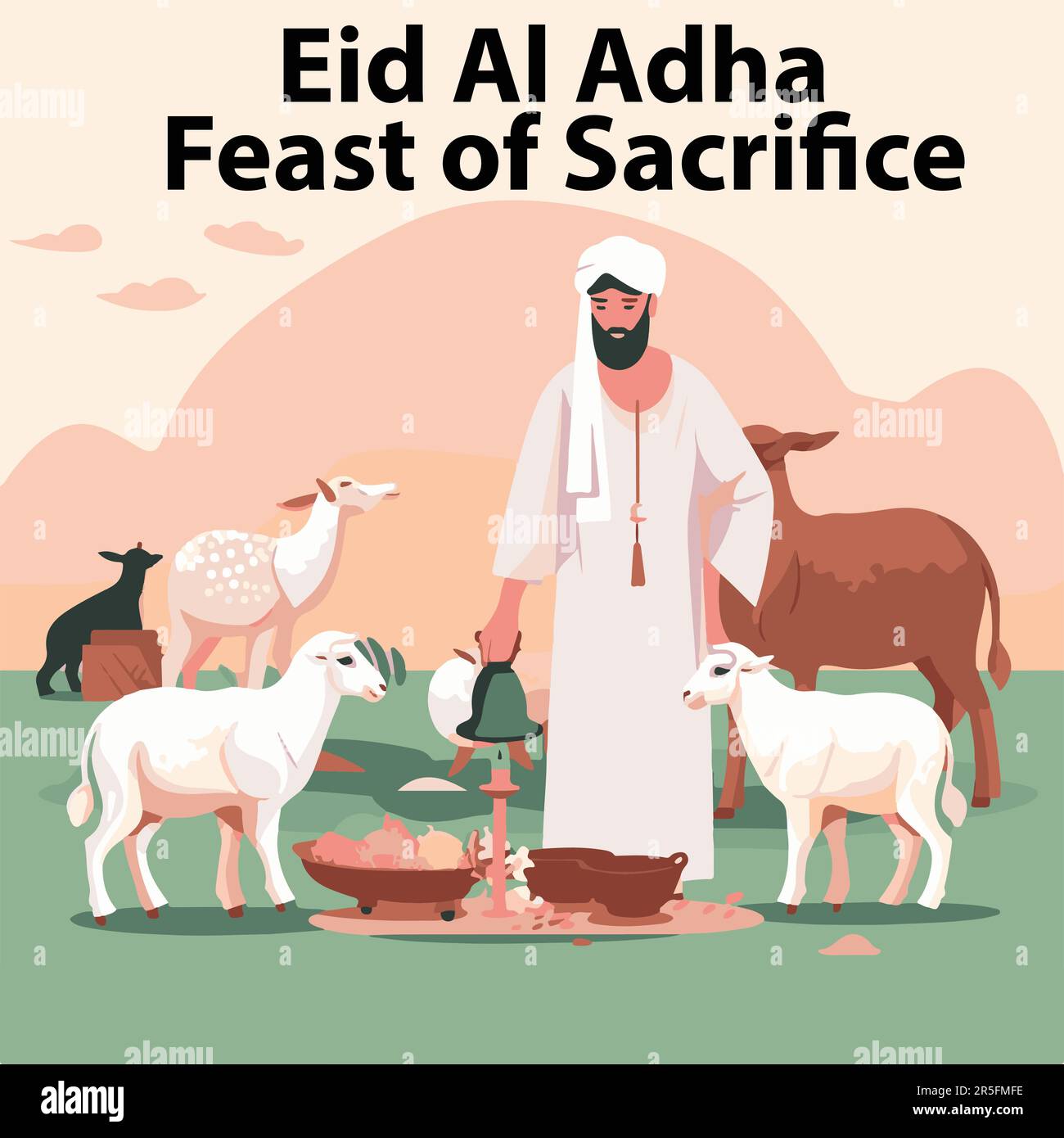The Otherworldly Gala: Investigating Strict Effects on Pakistani Cuisine
Pakistani Cuisine
Introduction:
Pakistani food, well established in social variety, is fundamentally impacted by strict practices. The nation's significant religions, Islam, Hinduism, and Sikhism, have made a permanent imprint on the culinary scene. In this culinary excursion, we will dig into the strict subtleties forming Pakistani food, with a specific spotlight on Islamic customs.
Halal Practices:
Islam, the prevalent religion in Pakistan, assumes a vital part in molding culinary practices. The idea of Halal, meaning admissible as indicated by Islamic regulation, administers the obtaining, readiness, and utilization of food. The butcher of creatures for meat should comply with explicit rules illustrated in Islamic dietary regulations, guaranteeing the accommodating and Halal nature of the cycle. This obligation to Halal practices is obvious in the careful consideration given to obtaining fixings and planning dishes the nation over.
Fasting and Ramadan Delicacies:
Quite possibly of the main strict occasion in Islam, Ramadan, holds significant importance for Pakistani food. During this long stretch of fasting from sunrise to dusk, the Iftar dinner denotes the breaking of the quick. Dates and water are generally polished off first, trailed by various dishes. The Iftar spread frequently incorporates natural product chaat, pakoras (southern style squanders), and dates loaded down with almonds. Haleem, a sluggish cooked combination of meat, wheat, and lentils, is a good dish delighted in during Ramadan
Qurbani and Merry Feasts:
Eid al-Adha, the Celebration of Penance, is a significant Islamic festival in Pakistan. The custom of Qurbani includes forfeiting a creature, typically a goat or sheep, and conveying the meat among family, companions, and the less lucky. The subsequent meat is utilized in various dishes, for example, Biryani and Karahi Gosht, representing the soul of sharing and liberality energized by Islam. The happy galas during Eid highlight the significance of local area and good cause.
Strict Variety and Culinary Harmony:
While Islam is the prevalent religion, Pakistan is additionally home to strict minorities, including Hindus and Sikhs. Their culinary practices have joined with the more extensive embroidered artwork of Pakistani food. Sanctuaries and gurdwaras frequently serve langar, a local area dinner, where everybody, no matter what their confidence, is free to participate in the common feast. This soul of inclusivity repeats the upsides of congruity and solidarity tracked down in the lessons of various religions.
Desserts and Symbolism:
Desserts, an essential piece of Pakistani festivals, frequently convey representative implications established in strict practices. During strict celebrations, Mithai (desserts) like Barfi and Gulab Jamun are traded as tokens of altruism and satisfaction. The pleasantness of these treats represents the upbeat events and the common endowments of strict celebrations.
Conclusion:
All in all, the entwining of religion and Pakistani food makes an embroidery wealthy in flavors, customs, and imagery. From the adherence to Halal practices to the public parts of eating and sharing happy dining experiences, the impact of Islamic customs is profoundly implanted in the culinary acts of Pakistan. This culinary excursion sustains the body as well as fills in as a sign of the otherworldly qualities that support the different and agreeable texture of Pakistani society.





Comments
Post a Comment